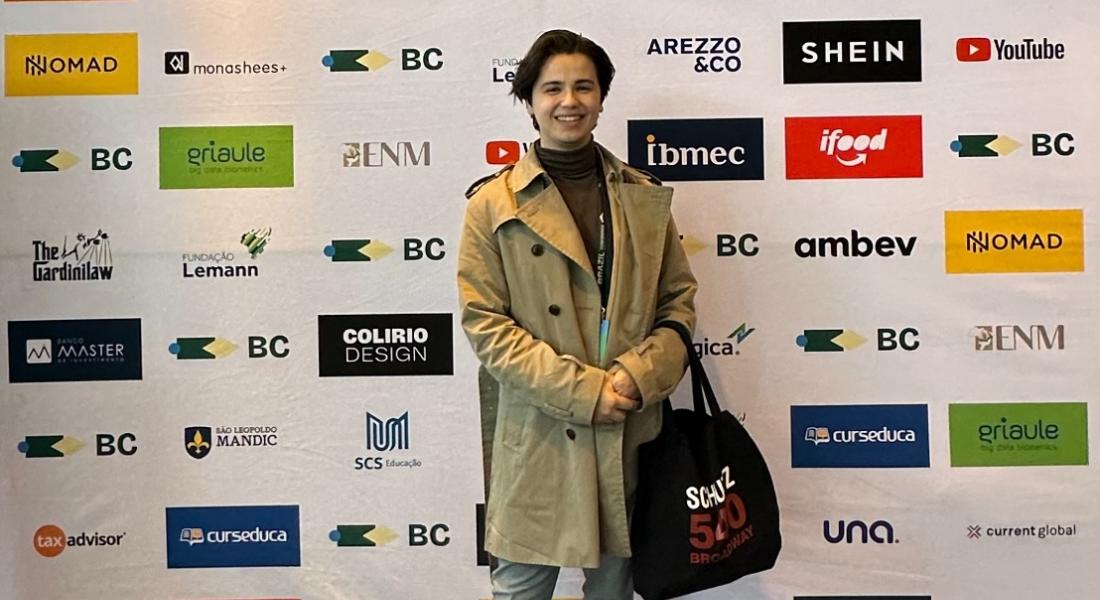
From April 6-8, I had the opportunity to attend the Brazil Conference with the generous help of the Kellogg International Scholars Program. Called the “Davos of Brazil” since its inception in 2015, the conference took place across the campuses of Harvard and MIT in Cambridge, Massachusetts. This event not only served as a platform for the Brazilian diaspora in the greater Boston area but also brought together a spectrum of intellectuals, including acclaimed scholars, politicians, justices, economists, and linguists, as well as business leaders. The conference, however, is put on by the undergraduate Brazilian students of the larger Boston area. The conference featured a variety of panels and discussions on the challenges and opportunities facing Brazil today. Among the numerous sessions, I found three discussions particularly interesting because they highlighted different aspects of societal impact and democratic engagement.
The Role of Courts in Democracy
The first noteworthy panel featured Harvard professor Steve Levitsky—who specializes in Latin American comparative politics and was a visiting fellow at the Kellogg Institute—and the president of Brazil's Supreme Federal Court, Luis Roberto Barroso. This session explored the critical role that judicial systems play in safeguarding democratic processes, taking positive examples from Brazil and Germany in recent months. The discussion emphasized the judiciary's responsibility in maintaining the rule of law, particularly in politically turbulent times, and pointed out the weaknesses in the American judiciary’s ability (or willingness) to stop antidemocratic political behavior. The insights from this talk highlighted how courts are not just arbiters of legal disputes but also crucial defenders of democratic norms and principles. Barroso drew from his own experience in his position, taking difficult but ideally nonpartisan positions to defend democracy. Levitsky brought up the concept of “militant democracy,” or norms and laws meant to enforce the liberal nature of a democratic system and prevent bad actors from taking advantage of a system.
Policy and Equity at the Local Level
Another session that stood out was led by Tabata Amaral, a Congresswoman who is now running for office in São Paulo, focused on the intersection of equitable policy, representation, and local participation. She recognized how localized policies can significantly affect educational and economic disparities. The conversation brought to light the importance of grassroots movements and local governance in addressing inequities that are often overlooked at the national level. However, it was particularly interesting to hear Amaral’s perspective on the relationship between democratic buy-in and salient, sound policy. The example she brought up was that people in São Paulo who are poor will not care as much about abstract or irrelevant policies being debates as much as they will care about policy that directly affects them. While this may seem intuitive, Amaral implied this was not as commonly recognized. A champion of national educational policy, she went on to describe the importance of education in reducing inequality.
Philosophical Perspectives on Society
The third significant discussion involved Michael Sandel, a renowned political philosopher from Harvard who focuses on justice, alongside Reginaldo Lima, a Brazilian author who taught himself to read despite his background in a favela. Their dialogue centered on philosophy itself, how it shaped his life, and his desire to self-educate (he worked with a professor to learn to read and write at the age of 25) his natural inclination towards philosophy. This session offered a profound exploration of the accessibility of philosophy itself, and it made me question who counts as a philosopher, and what the purpose of philosophy is.
The Brazil Conference was more than just an academic gathering; it was a convergence of people and ideas from both Brazil and the United States. The discussions I attended were not only intellectually stimulating but also deeply relevant to ongoing debates about democracy, equity, and ethics in Brazil and beyond. These conversations underscored the ongoing need for thoughtful dialogue across disciplines, particularly in the Kellogg Institute.





